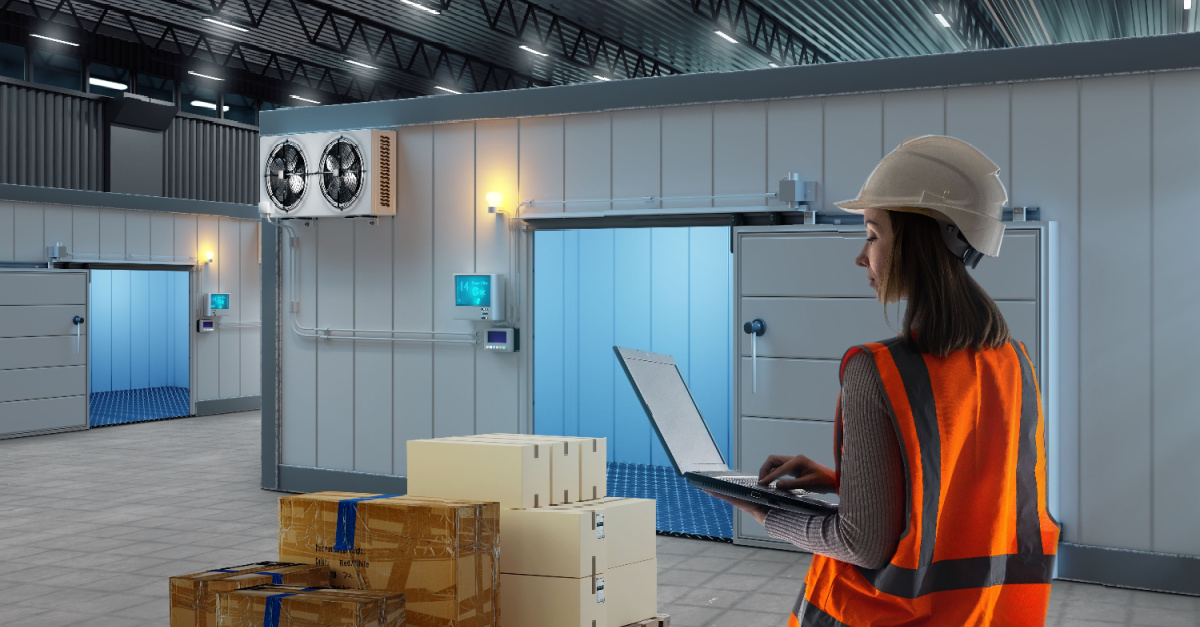The cold chain industry, a vital component of global supply chains, is at a pivotal point of transformation. Driven by technological advancements, changing consumer behaviors, and increasing emphasis on sustainability, the next decade promises significant evolution in how temperature-sensitive products are stored, transported, and managed. This blog post explores the future of cold chain logistics, offering predictions for the next decade that go beyond common forecasts, highlighting emerging technologies and shifting market dynamics.
Integration of advanced technologies
Ai and machine learning: artificial intelligence (ai) and machine learning (ml) will become integral to cold chain operations, optimizing route planning, energy consumption, and predictive maintenance. Ai algorithms can analyze vast datasets to identify patterns and predict potential disruptions, enabling proactive management of the cold chain. A study by mckinsey suggests ai could deliver up to $2 trillion in value across global supply chain and manufacturing.
Blockchain for enhanced traceability: blockchain technology will revolutionize traceability in the cold chain. By providing an immutable ledger of product movements and temperature data, blockchain ensures transparency and trust among stakeholders. This technology can significantly reduce the incidence of counterfeit products and improve compliance with safety standards.
Internet of things (iot) expansion: iot devices will become more prevalent in monitoring temperature and environmental conditions in real-time across the cold chain. Enhanced connectivity will allow for immediate adjustments to storage conditions, reducing spoilage and improving product quality. According to a report by the international data corporation, spending on iot technology is expected to reach $1.1 trillion by 2023, indicating its growing influence.
Emphasis on sustainability and efficiency
Eco-friendly refrigerants: the next decade will see a shift towards natural and eco-friendly refrigerants in cold chain logistics, driven by regulations and environmental concerns. These refrigerants, including ammonia, carbon dioxide, and hydrocarbons, have a lower global warming potential than traditional hfcs, aligning cold chain practices with sustainability goals.
Solar-powered cold storage: solar energy will increasingly power cold storage facilities and refrigerated transport, reducing dependency on fossil fuels and lowering operational costs. Innovations in photovoltaic technology and energy storage will make solar-powered cold chain solutions more viable and efficient.
Energy-efficient infrastructure: the design and construction of cold storage facilities will prioritize energy efficiency, utilizing advanced insulation materials, smart lighting, and temperature control systems. These measures will not only reduce the carbon footprint of cold chain operations but also contribute to cost savings.
Changing consumer trends and market expansion
Direct-to-consumer (d2c) models: the rise of e-commerce and changing consumer preferences will accelerate the adoption of d2c models in cold chain logistics. Businesses will leverage cold chain solutions to deliver temperature-sensitive products directly to consumers’ doorsteps, requiring innovative packaging and last-mile delivery solutions.
Global expansion into emerging markets: cold chain logistics will expand significantly in emerging markets, driven by increasing consumer demand for fresh produce, pharmaceuticals, and other perishables. Investments in cold chain infrastructure will be crucial to unlocking the economic potential of these regions, particularly in africa and southeast asia.
Customized and flexible cold chain services: as consumer demands become more diverse, cold chain services will need to offer greater customization and flexibility. This could include variable temperature control for multi-product shipments and scalable solutions for businesses of all sizes.
Conclusion
The future of cold chain logistics is poised for groundbreaking changes, with technology, sustainability, and changing market dynamics at the forefront of this evolution. By embracing ai, blockchain, iot, and focusing on eco-friendly practices, the cold chain industry can anticipate not just growth but a transformation that aligns with the broader objectives of efficiency, transparency, and environmental responsibility. As we look to the next decade, the cold chain will undoubtedly play a crucial role in shaping global supply chains, adapting to meet the challenges and opportunities of a rapidly changing world.











